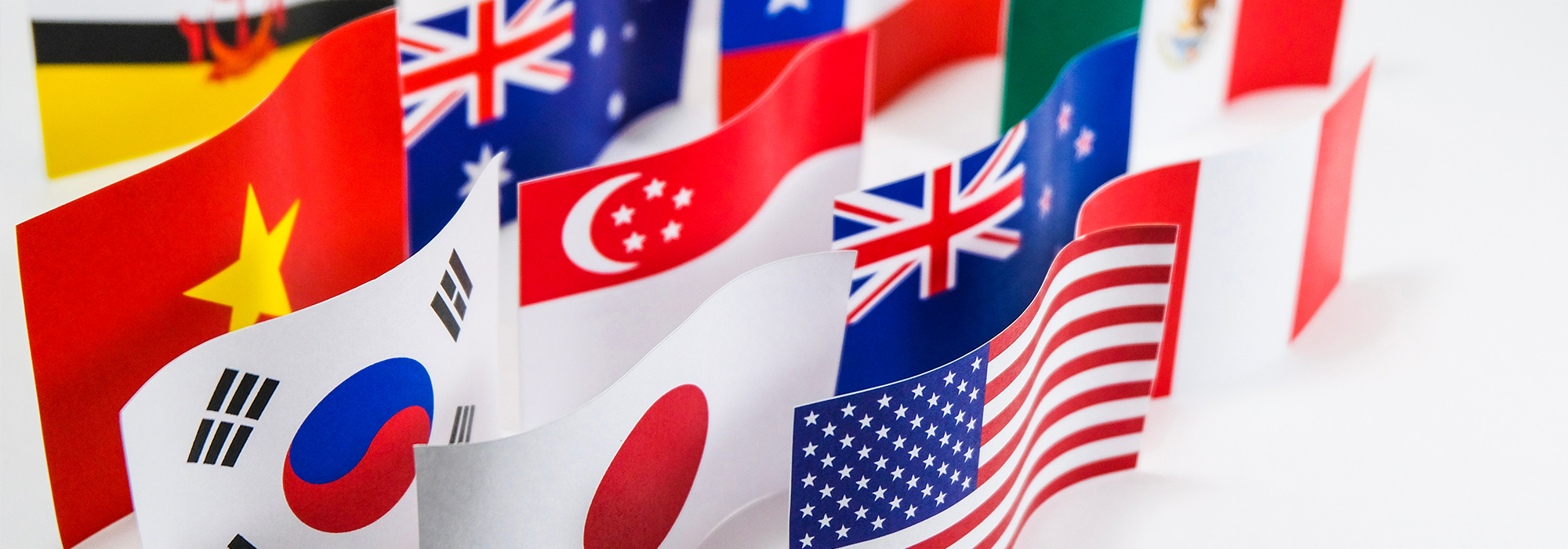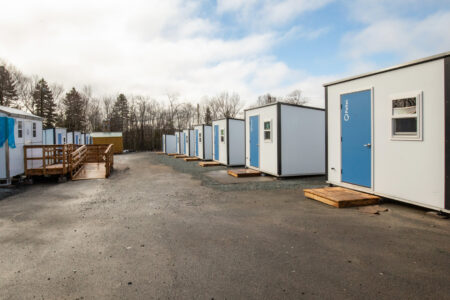
Everyone’s heard the story. A lucky couple wins the lottery! Their meagre, low-income lives are over and they promptly quit their jobs. Champagne-fuelled vacations follow, and suddenly they have a lot more friends than before. But within a year it all ends badly. Money leads to fights over money. What should have been their biggest blessing turns into a curse and the couple splits — penniless both.
Canada has had its share of winning lottery tickets. In the 20th century we got rich selling to the United States. And in the 21st century, we’re poised to cash in yet again. What could be luckier in 2012 than being a resource-rich nation on the Pacific Ocean?
How could our Pacific Century possibly end poorly?
Canada’s westernmost provinces — British Columbia and Alberta — have clearly benefited from increased cultural and financial ties with the Asian Pacific Rim. Parts of the BC lower mainland are now culturally more similar to Shanghai than they ever were to Surrey, England. Edmonton has some excellent curry restaurants. One of Lethbridge’s major attractions is a lovely Japanese garden.
Still, rather than united in the effort to expand Asian trade, British Columbia and Alberta could in fact find themselves at each other’s throats. Canada’s Pacific Century could ironically end up being the source of a nasty interprovincial dispute. And like a lot of political and economic feuds in Canada these days, the source is Alberta’s bitumen.
Alberta’s energy industry has been keen to capitalize on China’s growing thirst for oil—and there are good reasons for this. Firstly, the United States has been less than enthusiastic about approving the Keystone XL pipeline to the Gulf Coast. The benefits of reducing our absolute reliance on the US market is something almost every Canadian can agree on. And secondly, selling bitumen to China and other emerging Asian nations would fetch the much higher world price per barrel. The potential advantages of Canada’s Pacific Century are well known in downtown Calgary.
But what Alberta lacks is tidewater. If it wants to export bitumen to China, it needs the 1,000-kilometre-long Northern Gateway pipeline running right through British Columbia. What’s more, the giant oil tankers required to transport the gooey bitumen to Asia need to traverse British Columbia’s pristine seaways. The scene is set for some poisonous political tension. Why, ask British Columbians, should their province risk environmental catastrophe when nearly all of the financial benefits flow to Alberta?
Alberta’s response is that trade diversification is in the national interest. Jobs would be created in every province including BC, and federal government coffers would fill with corporate income taxes. All of this is true, but it’s still a hard sell for many West Coasters who have images of tragic oil-drenched sea otters imprinted on their brains. Adding to the challenge is the fact that the pipeline would need the agreement of dozens of First Nations in the BC interior.
Could Canada’s Pacific Century turn into a political curse? Could the wealthiest and fastest-growing province in Canada find itself isolated from the other nine provinces? Might the Quebec-based federal opposition use Alberta’s Pacific Rim oil aspirations as a wedge issue in the next federal election?
Alberta has the most at stake, both financially and politically. If British Columbians (via a possible new NDP provincial government?) and First Nations leaders manage to put the kibosh on the Northern Gateway pipeline, Albertans will be furious. On the other hand, if Big Oil, Ottawa and Edmonton are able to ram the pipeline through against the wishes of those in BC (or Manitoba, or Nova Scotia, or wherever), Alberta will find itself the object of extreme derision.
Some level heads and inspirational leaders will be required to navigate through these perilous straits. Fortunately, Alberta Premier Alison Redford seems up to the task. Unlike other would-be leaders of her province, Ms. Redford has gone out of her way to build bridges with other provinces, especially in the area of energy resources.
Two things are critical. First, Alberta needs to add reassurances that any possible oil spill will be dealt with before it reaches shore — which is admittedly a tall order. Second, a stronger economic case needs to be made for why BC should approve of the pipeline. If those two conditions aren’t met, Canada’s Pacific Century lottery ticket just might end up causing more harm than good.
Photo: Shutterstock









